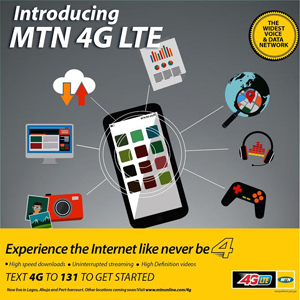

The Nigeria Computer Society (NCS), the umbrella body of all practicing computer professionals in the country has called on the federal government to as a matter of urgency, leverage on information and communications technology (ICT) tools for all electoral process.
This is to enable the country catch up with the rest of the world’s advanced democracies.
The President of NCS, and Co-centre Leader, World Bank Designated Centre of Excellence in Software Engineering, Professor Adesola Aderounmu, who made the call while delivering a keynote lecture at the 5th Covenant University Conference on e-Governance in Nigeria, said the country’s polity is currently in a bad shape, marred by election rigging, falsification of election results, scheming, forming of alliances, defecting from one party to another for lack of trust, and attacking one another with propaganda, among others.
According to him, “As the 2019 elections are building up, the federal government, through the Independent National Electoral Commission (INEC), must adopt the use of technology for all electoral processes for transparency.”
“The 2019 elections are still in a future time frame and we have the opportunity to get it right in order to protect our democracy and transform governance, while leveraging on ICT to guarantee the integrity of our electoral process and the credibility of the outcomes, Aderounmu said.
“The kind of electoral process we cultivate determines the kind of elections we get. So, if we are going to have credible elections in Nigeria of the future, our electoral process must be wholesomely redeemed, in-line with modern practices at the centre of which is the application and institutionalisation of Information and Communications Technology,” Aderounmu further said.
To achieve this, government must put in place, the relevant ICT infrastructure for the application of adaptable technology in our electoral processes.
For instance, the application of technology for biometric registration of voters, the issuance of smart permanent voters card (PVCs) to voters and voter verification and authentication using the smart card reader, could help the infiltration of ICT into the electoral process.
“With the pervasive influence of technology in society today, educating and cultivating the Nigerian voters can be done better with the leverage of digital media like the mobile phone with bulk SMS, bulk voice call or inbound interactive voice response, and the use of web-portals from pre-election polls.
“Using the internet for voter engagement is a step forward in accommodating technologically advanced voters of today. But for the voters without access to the internet, the technological innovations are considered useless,” Aderounmu said.
Another way to leverage ICT for Nigeria’s electoral process, according to him, was through constituency delimitation, using digital maps and charts for proper voter registration.
He said new ICT innovations could be used to replace traditional paper ballots by using direct electronic devices, or using machine-readable ballots, that could help remove the need to count ballots manually and greatly speed up the vote counting process, as well as guarantee accuracy.






















